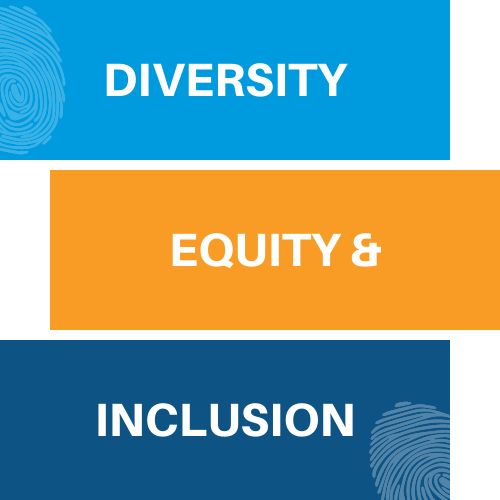Comment 1: Why doesn’t the AASM’s statement specifically address underrepresented minorities? What is the AASM doing to recruit these candidates through scholarships or other mechanisms?
Response 1: The Diversity, Equity and Inclusion Statement is meant to address all aspects of diversity, including gender, national origin, disability, race, and others. As such, this statement is left purposefully nonspecific. That said, the AASM is putting resources directly into increasing participation of members and potential members from underrepresented groups (including racial and ethnic groups). For example, new for 2021, the Board of Directors approved a grant to fund participation in the annual APSS meeting by attendees from these groups.
Comment 2: The AASM needs to ensure that diagnostic and therapeutic criteria for sleep apnea are more inclusive for patients in communities of color, especially in women of color.
Response 2: The DEI Committee agrees with the importance of addressing racial sleep health disparities. While our committee’s mandate is directed internally at improving diversity, equity, and inclusion within the AASM, we have referred this suggestion to the committees that address sleep apnea diagnoses and treatments, including the Hypopnea Scoring Rule Task Force, the ICSD-3 Revision Task Force, and the Scoring Manual Committee. In addition, in 2021/2022, the AASM has included health equity in its goals.
Comment 3: The AASM should offer interactive workshops on implicit bias at leadership events during the annual meeting or as online webinars.
Response 3: The AASM Board of Directors participated in an implicit bias training workshop in 2019, and another implicit bias training workshop for all AASM leaders, including committee chairs and vice chairs, took place in November 2020. Our “Implicit Bias & Microaggressions in Medicine” webinar, held in January 2021, is now available on-demand as a free member resource. We would be happy to take any specific suggestions for future workshops as our education on this subject is never done.
Comment 4: Why isn’t the AASM Board of Directors more racially diverse?
Response 4: Diversity is a prioritized consideration when the Nominating Committee considers candidates for the Board of Directors. In this context, multiple aspects of diversity are considered, including race and ethnicity, gender, primary specialty, practice setting, geography, expertise, and previous AASM service. AASM’s 2020 DEI Data Report provides a detailed overview of representation within AASM’s volunteers and leaders. The 2021 report will be available later this year.
The AASM does want to see more underrepresented minorities become AASM members, serve in leadership roles on AASM committees and task forces, and serve on the board of directors. Strengthening the diversity of our membership and our leadership pipeline will help promote greater diversity on the Board of Directors. Implicit bias training has been provided to our volunteer leaders, and the committee is continuing its work to identify any barriers that may deter members from underrepresented groups from serving in leadership roles within the AASM. We are focused on recommending strategies for improvement, such as the recently launched DEI Travel and Registration Grant, and our annual DEI Data Reports will help us measure the results of this work.
 The American Academy of Sleep Medicine (AASM) recognizes that the diversity of its community – including its members, leadership, and staff – is a vital component of the AASM’s mission: Advancing sleep care and enhancing sleep health to improve lives. We are committed to maintaining an inclusive space by respecting and celebrating our unique attributes, backgrounds, and perspectives. To build a strong community, the AASM is devoted to providing a welcoming environment in which diverse opinions, experiences, and viewpoints are appreciated, and every individual feels a sense of belonging. We value equity and seek to provide opportunities for all while striving to identify and eliminate barriers to inclusion. Recognizing that sleep is essential to health, we will work with stakeholders, policymakers, and the public to reduce sleep health disparities.
The American Academy of Sleep Medicine (AASM) recognizes that the diversity of its community – including its members, leadership, and staff – is a vital component of the AASM’s mission: Advancing sleep care and enhancing sleep health to improve lives. We are committed to maintaining an inclusive space by respecting and celebrating our unique attributes, backgrounds, and perspectives. To build a strong community, the AASM is devoted to providing a welcoming environment in which diverse opinions, experiences, and viewpoints are appreciated, and every individual feels a sense of belonging. We value equity and seek to provide opportunities for all while striving to identify and eliminate barriers to inclusion. Recognizing that sleep is essential to health, we will work with stakeholders, policymakers, and the public to reduce sleep health disparities.



